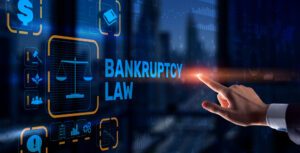
- Business Debt: If your small business corporation has debts such as credit cards, secured or unsecured loans or lines of credit, it is almost certain that you have personally guaranteed those debts. While you may be able to discharge your personal obligation to pay those debts if you file a personal bankruptcy, the corporation remains liable on the debts. Therefore, if the business is going to continue, it will have to deal with those debts one way or another.
- Business Assets: If your business is formed as a corporation and the amount of its debts is greater than the value of its assets, the assets will not have an effect on your personal bankruptcy and they cannot be taken for payment toward your personal debts. However, if the value of the business assets is greater than the business debts, it can have an effect on your personal bankruptcy. In such case, it is likely you will have to pay money toward your personal creditors in your bankruptcy to compensate them for the value of your equity in the business.
- Business Creditor Relationships: Filing for personal bankruptcy may affect your business’ relationships with its creditors. Even if the business remains current on all its payments to its creditors, such creditors may be hesitant to extend credit to your business in the future, and they may even require the business to pay its loan balances in full (acceleration), because your filing (i.e., the guarantor’s filing) for personal bankruptcy may be a breach of the loan agreements.
Chapter 7 vs Chapter 13 Bankrupcty
The type of personal bankruptcy you file, i.e., Chapter 7 bankruptcy or Chapter 13 bankruptcy, will determine if the filing of the bankruptcy will have a big impact on your business. While both types of bankruptcy can help individuals resolve their debts and obtain a fresh start, there are significant differences between the two.
Chapter 7 bankruptcy, also known as “liquidation” bankruptcy. The basic bargain of the Chapter 7 is that you exchange your non-protected (i.e., non-exempt) property for an elimination of your dischargeable debts, such as credit card debts and medical bills. If you have equity in your business, that is if your business assets are worth more than the debt the business owes, you will be expected to pay the value of that equity (or maybe more if the business has “going-concern” or “goodwill” value over and above the value of its assets) to the Chapter 7 Trustee for distribution to your creditors. If you do not pay the Chapter 7 Trustee for your non-exempt assets, the Chapter 7 Trustee can use the Trustee’s “strong-arm powers” to liquidate, that is, sell, them. Accordingly, if you are considering filing a personal Chapter 7 bankruptcy, you need to be sure of the value of your business’ assets and debts and get good advice from an experienced Miami Bankruptcy attorney before doing so.
Chapter 13 bankruptcy, also known as “reorganization” bankruptcy, is a type of bankruptcy that allows individuals to reorganize their financial affairs by paying money over to the Chapter 13 Trustee for a plan term of between 3 and 5 years. The debts do not necessarily have to be paid in full. In fact, such 100% plans are rare. In most cases, a great portion of the debts is discharged without payment; creditors may only get be paid 5 or 10 cents on the dollar. The exact amount that must be paid depends on a number of factors, including the person’s income, their household size, their living expenses, the value of their non-exempt assets, and if they have been involved in any “avoidable” transactions, typically involving repayments or transfers to friends or family members.
The main advantages of Chapter 13 over Chapter 7 for the small business owner are that a Chapter 13 Trustee does not have the same “strong-arm powers” that the Chapter 7 Trustee has, and the person filing the bankruptcy can almost instantaneously and freely dismiss a Chapter 13 if they do not like how it is going. Unlike the Chapter 7 Trustee, the Chapter 13 Trustee cannot seize and sell assets, so it is definitely a safer route for people who have, and want to protect their, non-exempt assets. And, because one cannot freely dismiss a Chapter 7 bankruptcy once it is filed, it is important for business owner to select this type of bankruptcy only if they have been well counselled by an experienced Miami Bankruptcy attorney, not some newcomer or even an experienced paralegal.
It’s important to consult with an experienced bankruptcy attorney who can advise you on how to protect your small business and navigate the bankruptcy process. They can also help you explore alternative options for debt relief, such as avoiding bankruptcy through direct negotiations with creditors. Miami business owners are bombarded with bad advice from friends, family members, colleagues, and even accountants and attorneys who do not understand creditors’ rights and debtors’ remedies. That is why Miami business owners in financial distress should consult with an experienced Miami Bankruptcy attorney who has seen and heard all the bad advice previous clients have received from others and suffered as a result.
